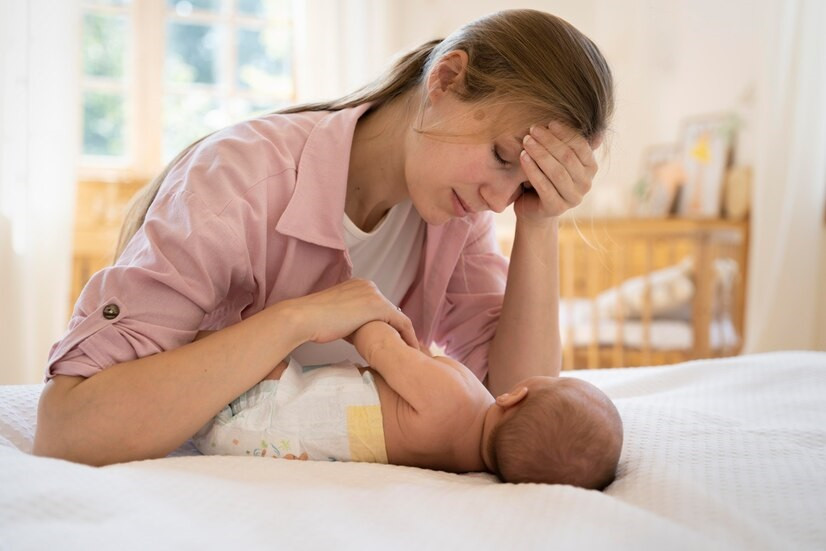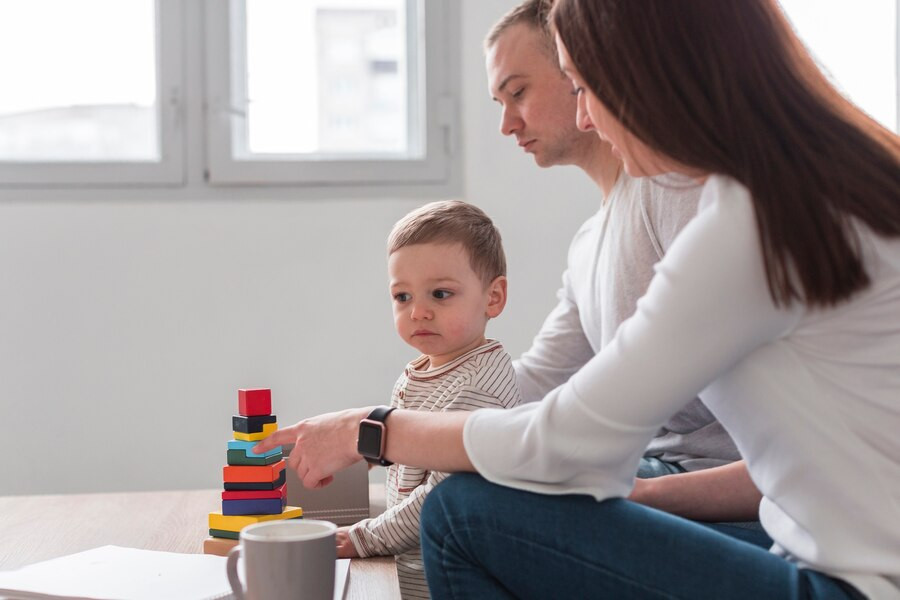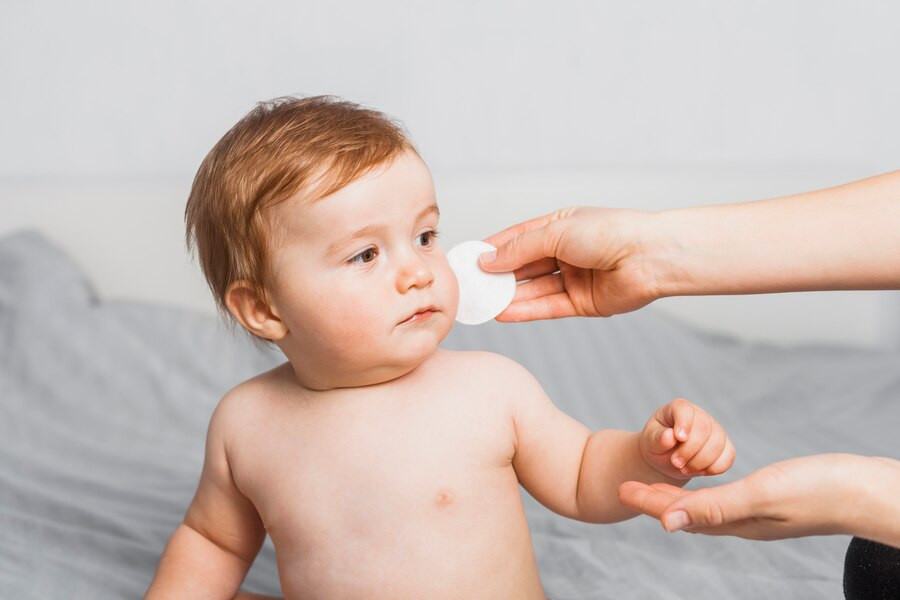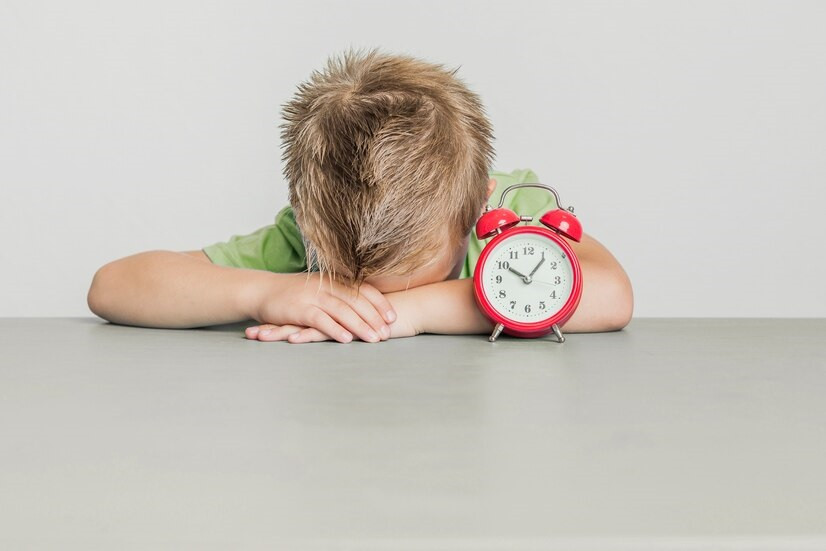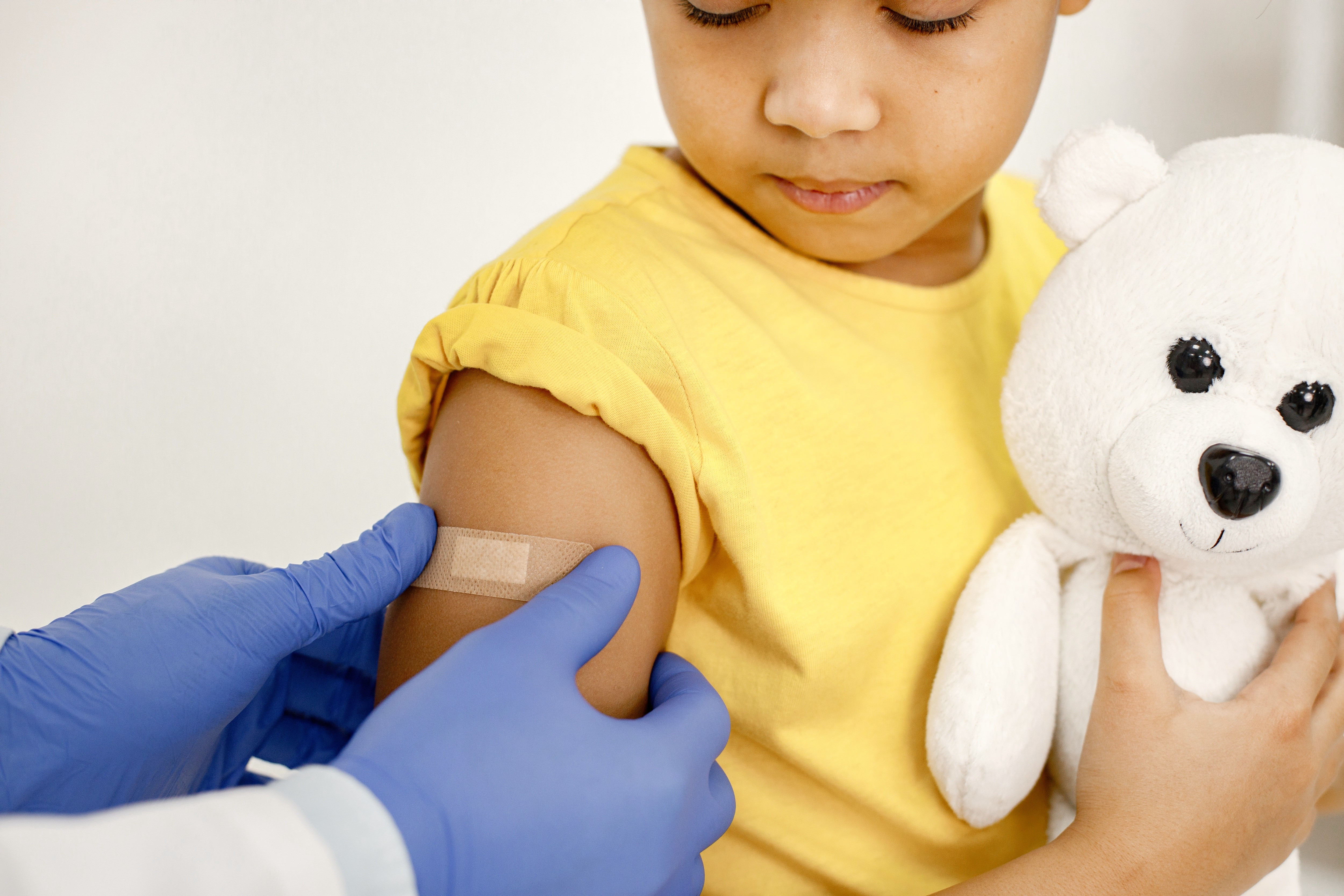Rotavirus infection is one of the most concerning causes of diarrhea in children, known for its high contagion. Symptoms can appear within two days of exposure. Shockingly, this virus claims around 200,000 children annually, with hundreds of thousands requiring hospitalization.
Symptoms of rotavirus
Generally, when infected with rotavirus, children will lose their appetite, vomit, and have diarrhea. These symptoms can last 3–8 days, so children are very likely to become dehydrated.
Dehydration is one thing you need to be careful of because it endangers children's lives. You need to take your child to the hospital if, during diarrhea, they also experience the following symptoms:
- Have diarrhea for more than 24 hours
- Constant vomiting
- Defecation is black or accompanied by blood or mucus
- Have a fever of 38 degrees or more
- They Looks tired, fussy and in pain
- Experiencing symptoms of dehydration such as dry mouth, crying without tears, urinating very little, excessive sleepiness and unresponsiveness
Causes and mode of transmission of rotavirus infection
Rotavirus, a viral infection affecting the stomach, leads to inflammation in the stomach and intestines. Contrary to common belief, not only children but also adults can contract rotavirus.
If kids don't wash their hands after pooping, rotavirus can spread quickly. The exposed hands can contaminate anything that is touched.
The age range of children most susceptible to rotavirus infection is 3 months to 35 months.
How to prevent rotavirus infections in children
Children who have a fever or diarrhea should not be invited to travel, attend school or play in public play spaces. In addition to needing rest, children should also stay at home to prevent the spread of infection to other children.
Here are some ways to prevent rotavirus infection in children, including:
- Wash your hands before and after changing a child's diaper for at least 20 seconds with soap and water
- Wrapping and disposing of soiled diapers in the correct way
- Cleaning surfaces of objects, toys, and door handles with disinfectant
- Ensuring children also wash their hands frequently with soap and clean water
- Get a rotavirus vaccine at 2 months, 4 months and 6 months
Giving the rotavirus vaccine to children is considered effective in preventing rotavirus infection and the risk of hospitalization or death from rotavirus infection.
If you need medical advice or consultation, you can either visit a doctor or make use of the consultation features that are available in the Ai Care application by downloading the Ai Care application from the App Store or Play Store.
- dr. Monica Salim
Rachel Nall, MSN, CRNA (2023). How Serious Is Rotavirus? A Look at Worldwide Statistics. Available from: https://www.healthline.com/health/rotavirus-death-rate
Mayo Clinic (2021). Rotavirus. Available from: https://www.mayoclinic.org/diseases-conditions/rotavirus/symptoms-causes/syc-20351300
ROTA Council (2020). Global Rotavirus Deaths. Available from: https://preventrotavirus.org/rotavirus-disease/global-burden
University of Rochester Medical Center. Rotavirus Infection in Children. Available from: https://www.urmc.rochester.edu/encyclopedia/content.aspx
WebMD (2022). Rotavirus. Available from: https://www.webmd.com/children/guide/what-is-rotavirus

